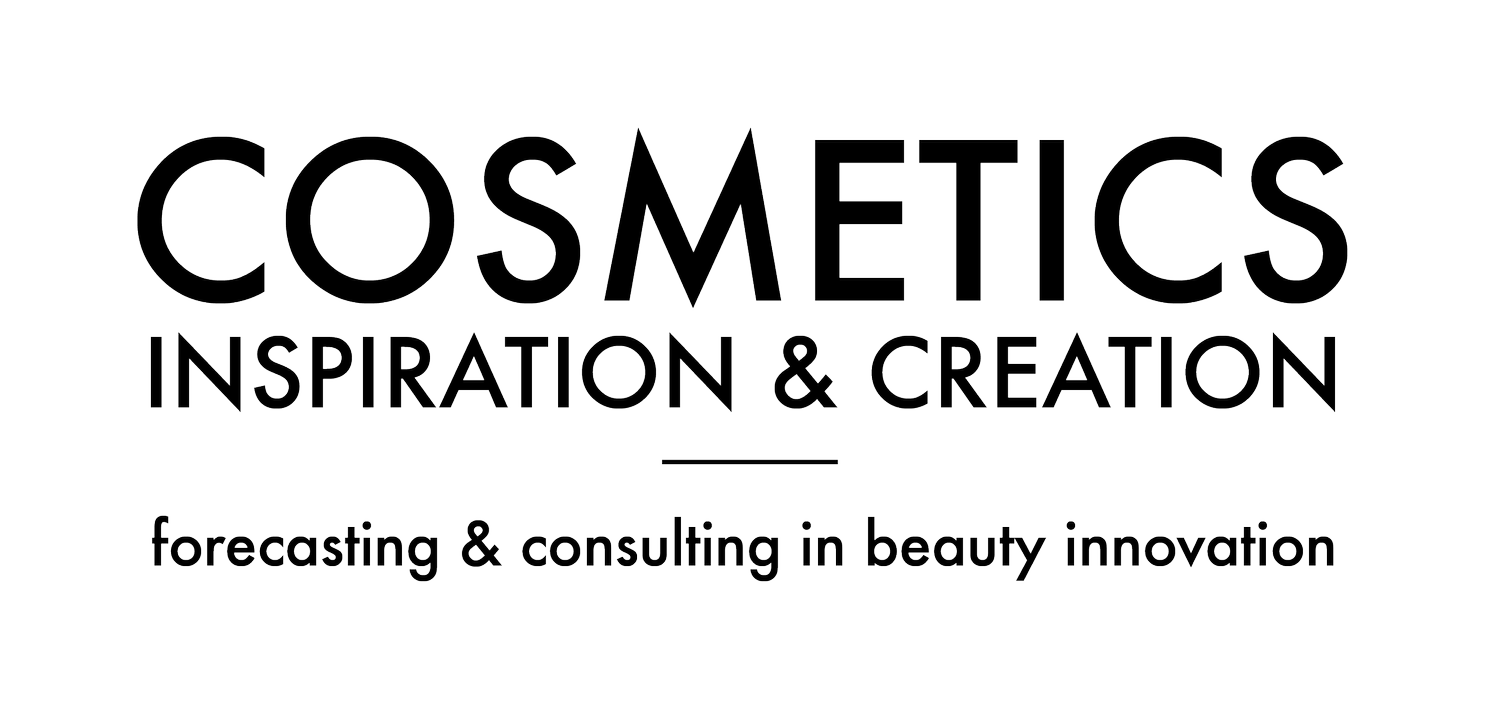photo: Maksim Gonchareno - Pexels
We’ve reached the climate crisis point, and as business leaders grapple with the challenges of sustainable sourcing and production, it’s clear that we are about to enter a period of disruption.
Sustainability First
New research from Bain & Company outlines the unsustainability of our current rate of consumption - we are using the equivalent of 1.75 times the earth’s natural resources every year. Businesses are now putting the principles of the circular economy into action as they try to get a handle on this crisis. And those in charge are full of positive intentions - the supply chain executives interviewed by Bain and Company say they are planning to double the share of the revenue from circular products and services by 2030.
They must follow the example of indie disruptors by examining how circular sourcing and production can actually spur growth and ultimately reduce costs; convert waste into assets, invest in biotech, look at ways of reducing and recycling carbon, and develop packaging with a continuous lifecycle.
Learning from Beauty
In the Beauty industry, we have seen how circular innovation has been pivotal to the success of insurgent brands, such as Plus Body Wash and its dissolvable sachets; Noble Panacea’s refill keepsakes, and the lab-grown actives that power Biossance products. Transitioning to a circular business model is now key to survival, as consumers demand accountability and action.
In our latest skincare report - The New State of Being - we highlight the key prospective theme of Empathy Awakened, through which we explore three pathways to a more sustainable and equitable future.

